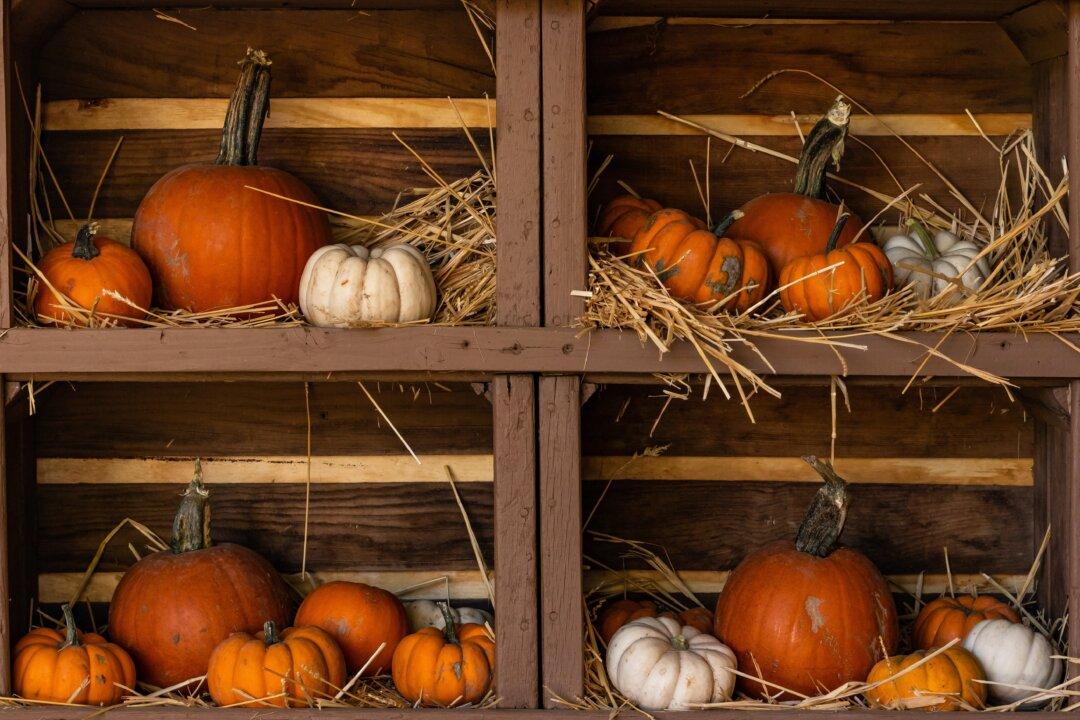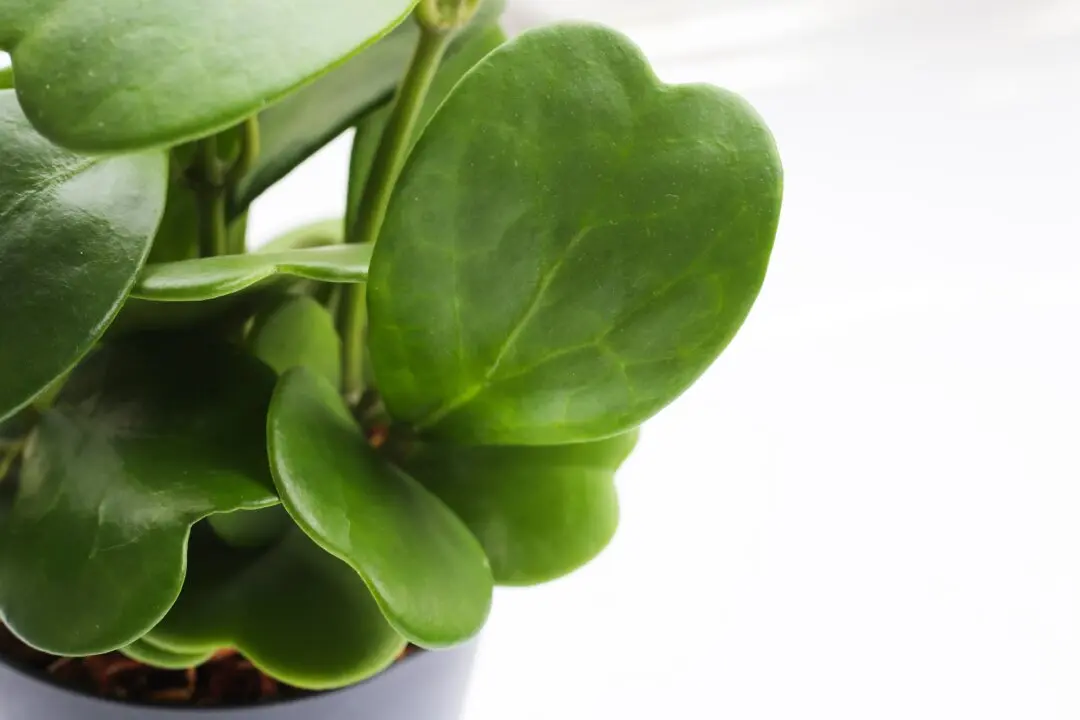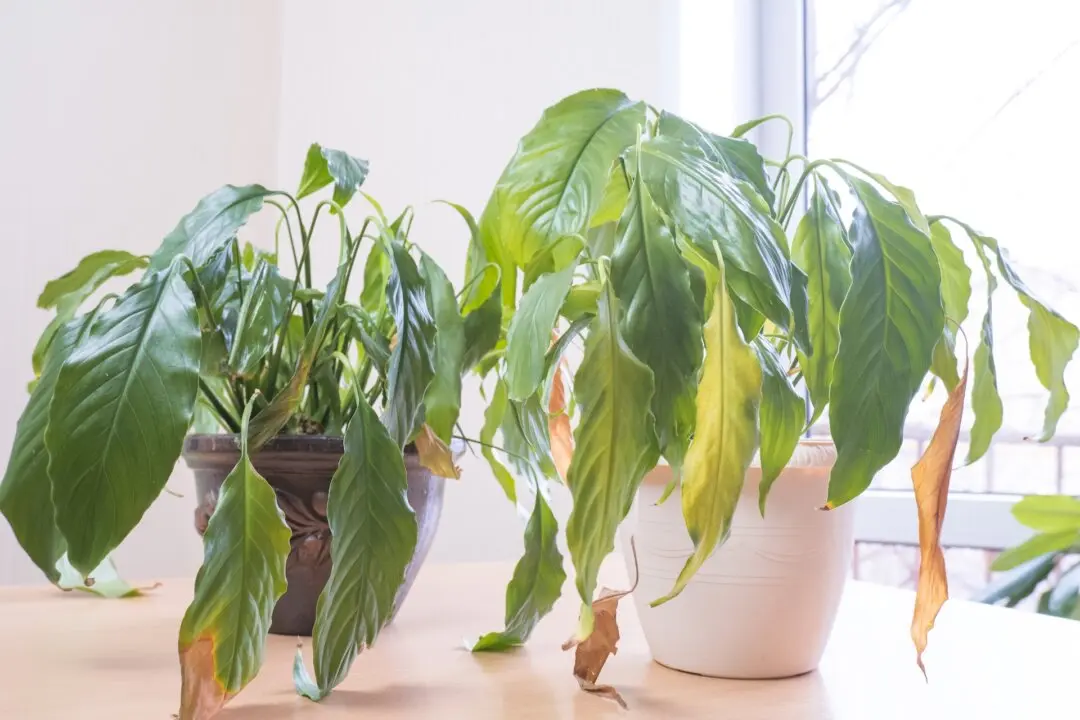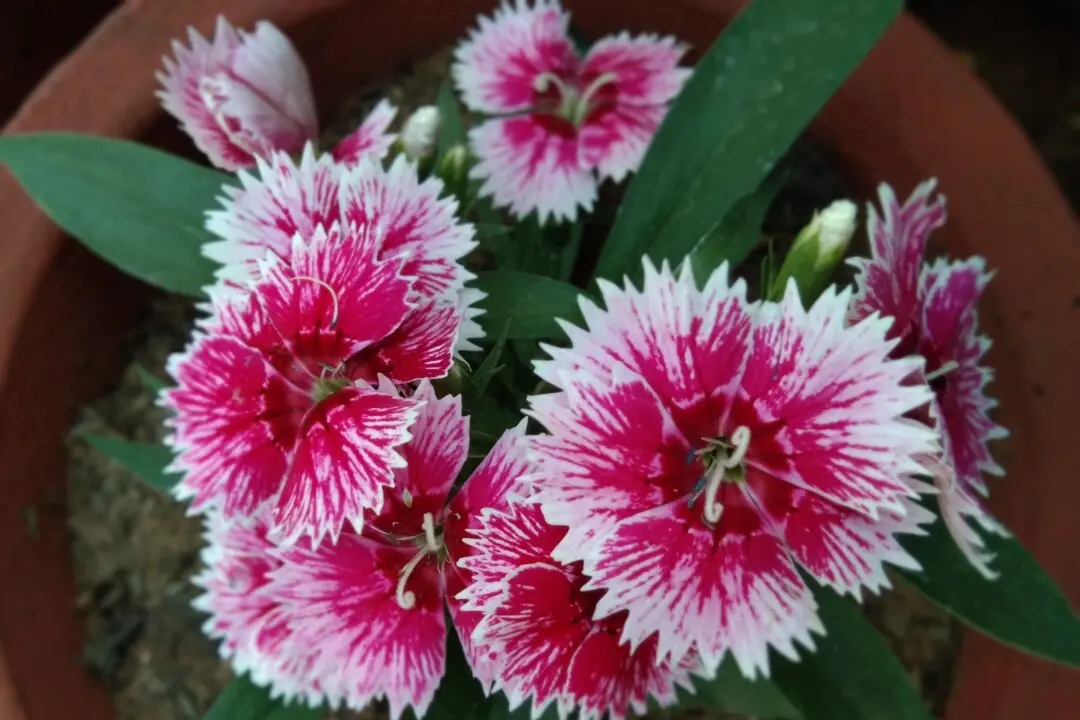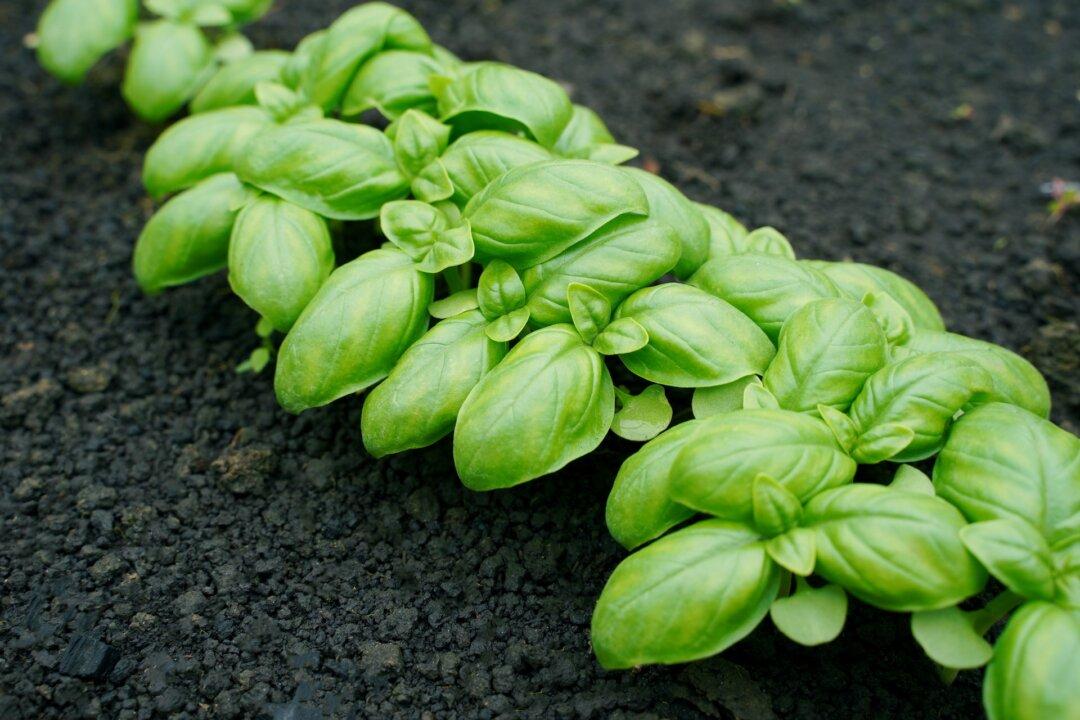Q: We started seeing pumpkins for sale at the end of August. That is two months too early as far as I am concerned. I want to buy a couple so I can use them for pies and pumpkin bread at Thanksgiving. How long can these early pumpkins be stored? Is there a good way to process them?
A: You are seeing pumpkins and chrysanthemums being sold earlier in the fall than in the past because most people only buy one each year. Stores that have them for sale early get the sale while stores that sell them at the proper time don’t. Halloween candy on the other hand is sold early because most people will start eating it and need to buy more later in the fall.

